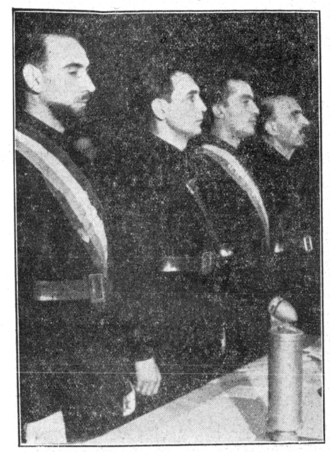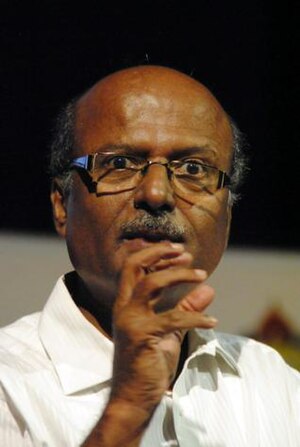Discover Your Roots
SIGN UPDiscover Your Roots
SIGN UPValerian is a male name of Slavic origin, meaning "Strength." It may refer to a variety of cultural, historical, and fictional references. In arts and entertainment, it is associated with a character in the comic series Valérian and Laureline, as well as a film adaptation and a pseudonym for musician Gary Numan. The name also has historical significance, being linked to Roman Emperor Valerian. Additionally, in the context of plants, Valerian is associated with Valeriana officinalis, a medicinal herb, and other related species. The name has also been linked to ships and has various disambiguation references. Overall, Valerian carries the strong and enduring connotation of "Strength" from its Slavic origins, making it a meaningful choice for individuals with this name.

Valerian Trifa, born Viorel Donise Trifa on June 28, 1914, was a Romanian Orthodox archbishop who played a controversial role in Romanian and international politics. Trifa's early life saw him become involved with the Iron Guard, a fascist organization, and he played a part in the Legionnaires' Rebellion of 1941, which led to a pogrom against the Jewish community in Bucharest. Accused of being a rebel, Trifa was detained in Nazi Germany during World War II. In 1950, he moved to the United States and was ordained as a bishop of the Romanian-American Orthodox community. However, his wartime activities came to the attention of the United States Department of Justice in 1975, and to avoid negative attention to the episcopate, he renounced his American citizenship. Trifa then moved to Portugal, where he remained until his death in 1987.Born in Câmpeni, Transylvania, Trifa was the son of a schoolteacher and studied theology and philosophy at various universities. His involvement with the Iron Guard and his role in the events of 1941 led to a tumultuous life marked by detainment, political controversy, and international relocation.Despite his controversial past, Trifa's legacy is a complex and significant part of Romanian and Orthodox Church history, reflecting the complexities of political and religious dynamics during a tumultuous period. His life and actions continue to be the subject of historical study and

Valerian Rodrigues, born on 29 July 1949, is a prominent Indian political scientist renowned for his influential work on Babasaheb Ambedkar and his formulations of themes in Modern Indian Political Thought. As a Professor at the Centre for Political Studies at Jawaharlal Nehru University (JNU), New Delhi, Rodrigues has significantly contributed to the debate on the functioning of the Indian Parliament, constitutionalism in India, and agrarian politics. He has an extensive academic career, having taught at various prestigious institutions, and has held notable positions such as the first Ambedkar Chair at the Ambedkar University Delhi and visiting professorships at international universities. Rodrigues is also a prolific political columnist and commentator with leading Indian publications. His selected works cover a wide range of topics, including Dalit movements, parliamentary opposition, and Muslim thought in modern India. With his expertise and scholarly contributions, Rodrigues continues to be a respected figure in Indian political thought and intellectual history.



All images displayed on this page are sourced from Wikipedia or Wikimedia Commons.We use these images under their respective Creative Commons or public domain licenses. Wherever applicable, author attributions and license information are provided. If you believe an image is used incorrectly or outside its license terms, please contact us so that we can review and correct the issue.